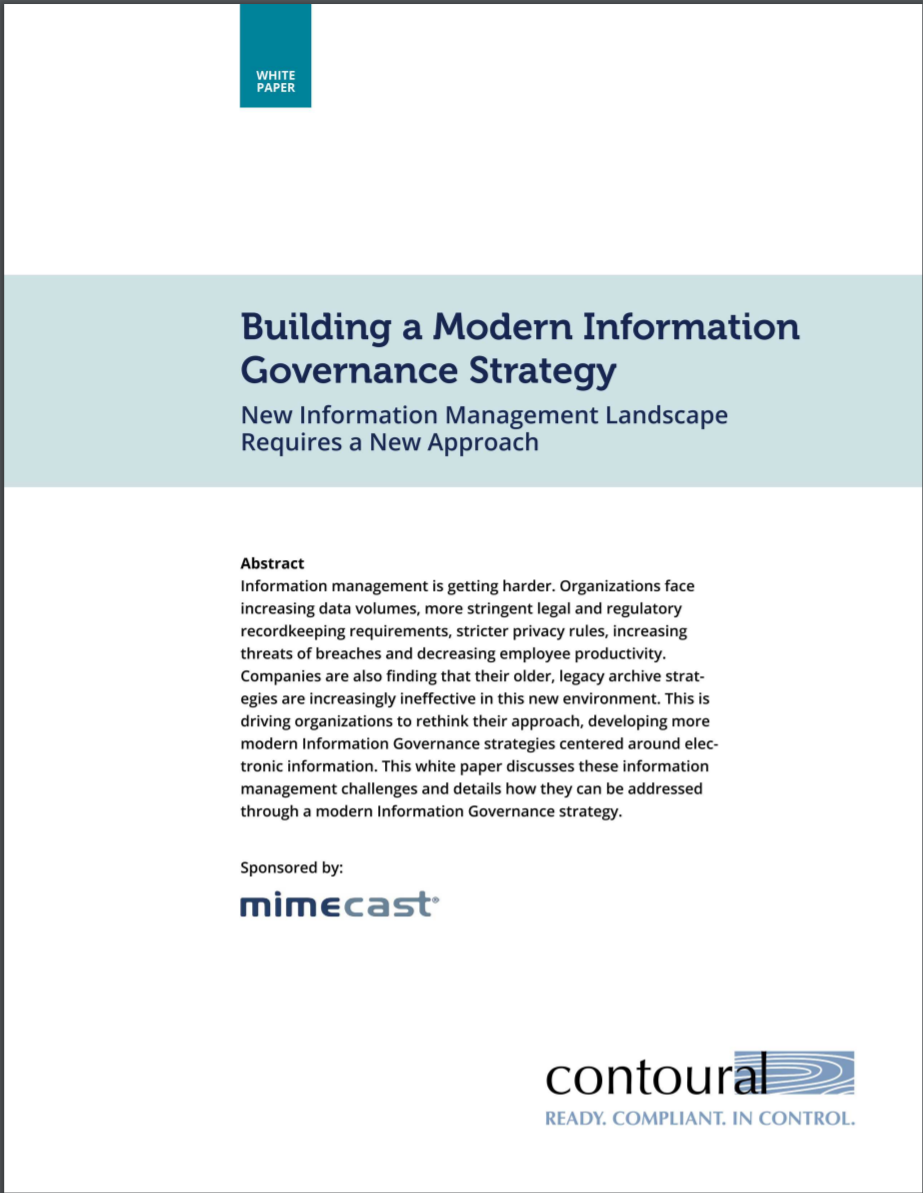Security tech fails without awareness
People can be the biggest danger in the fight for businesses to keep their systems secure.

Human error is the biggest threat to IT security, and businesses are still failing to spread awareness of policies to their staff.
This was according to chairman and founder of the Security Awareness Special Interest Group (SASIG) Martin Smith, who was speaking at a keynote at the Gartner IT security summit in London.
Smith was talking about the "hundreds" of data breaches which had occurred and been headline news in recent memory, ever since the Nationwide laptop loss and the high-profile incident when HMRC data was lost on CDs.
He said that many of the incidents were due to human error and that many of them could not have been stopped by technology because as he put it: "the people screwed you in the end." This meant that although IT spending was continually increasing, the situation was getting worse.
Smith claimed many employees were unlikely to have read the staff handbook outlining policies, or even kept their contract or letter of employment, despite information given to new employees being recognised as one of the best ways of raising awareness.
"Awareness is the oil that makes the engine work, and you do not have that oil," Smith said. "You have all this fantastic machinery but none of it really works because there is no oil in the engine."
He said that it was also crucial for businesses to have the input of senior management. "If you do not have that support it is just like pushing porridge uphill," he said. "You are really just wasting your time."
Get the ITPro daily newsletter
Sign up today and you will receive a free copy of our Future Focus 2025 report - the leading guidance on AI, cybersecurity and other IT challenges as per 700+ senior executives
"Senior management aren't very bright, right at the top, at board level. What's more they have very, very short attention spans and not interested in what we [security] do at board level."
Smith said it was necessary for security professionals to grab boardroom attention by pushing the case that businesses with good security would also be the best performing.
-
 Bigger salaries, more burnout: Is the CISO role in crisis?
Bigger salaries, more burnout: Is the CISO role in crisis?In-depth CISOs are more stressed than ever before – but why is this and what can be done?
By Kate O'Flaherty Published
-
 Cheap cyber crime kits can be bought on the dark web for less than $25
Cheap cyber crime kits can be bought on the dark web for less than $25News Research from NordVPN shows phishing kits are now widely available on the dark web and via messaging apps like Telegram, and are often selling for less than $25.
By Emma Woollacott Published
-
 CISO job satisfaction is plummeting, and some are considering quitting altogether
CISO job satisfaction is plummeting, and some are considering quitting altogetherNews CISO job satisfaction is being plagued by mounting demands, poor c-suite collaboration, and stressful working patterns
By George Fitzmaurice Published
-
 The IT Pro Podcast: Navigating Brexit data transfers
The IT Pro Podcast: Navigating Brexit data transfersIT Pro Podcast The transition period is over – what happens now?
By IT Pro Published
-
 Building a modern information governance strategy
Building a modern information governance strategyWhitepaper How to rethink your approach to develop a more modern information governance strategy
By ITPro Published
-
 Cyber security spending will hit $96bn in 2018
Cyber security spending will hit $96bn in 2018News Regulatory changes such as the introduction of GDPR will cause businesses to up investment
By Clare Hopping Published
-
 Privacy audits must become regular part of corporate life, warns Gartner
Privacy audits must become regular part of corporate life, warns GartnerNews Gartner wants to see more firms tighten up their privacy compliance procedures.
By Caroline Donnelly Published
-
 Dell needs to reassure customers after going private
Dell needs to reassure customers after going privateNews Gartner tells Dell users to ignore rivals' fighting talk.
By Caroline Donnelly Published
-
 Gartner: Worldwide UTM revenues top $1bn
Gartner: Worldwide UTM revenues top $1bnNews Analyst hails firewall refresh cycles and growing interest from SMB and mid-sized firms for market growth.
By Caroline Donnelly Published
-
 Big data and BYOD will challenge firms in 2012
Big data and BYOD will challenge firms in 2012News Analyst firm Gartner has outlined the challenges it believes organisations will face in the year ahead.
By Maggie Holland Published